Pregnancy
Latest about Fertility, Pregnancy & Birth

Pollution harms men's fertility, but traffic noise affects women's
By Amy L. Winship, Mark Green published
The large-scale study linked exposure to air pollution with a higher infertility risk in men, while traffic noise affected women

Polycystic ovary syndrome: Symptoms and treatment
By Maureen Salamon last updated

Endometriosis may quadruple risk of ovarian cancer, study finds
By Sahana Sitaraman published
Women with severe endometriosis are 10 times more likely to get ovarian cancer, while people with endometriosis of any severity are four times as likely, a study suggests. But patients shouldn't panic.
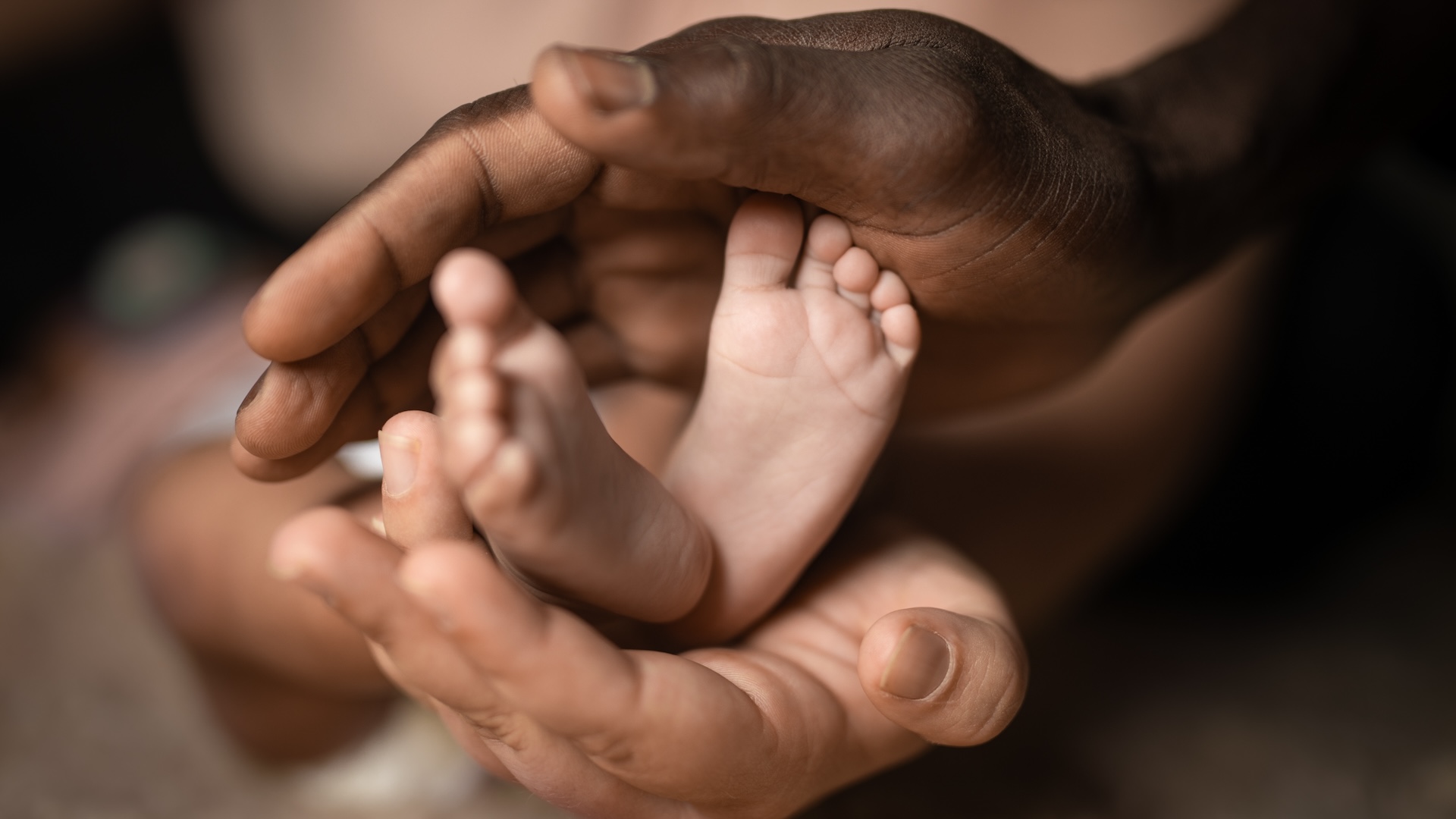
More babies are being born with syphilis, study finds
By Robert Monaghan, Skye McGregor, Belinda Hengel published
Congenital syphilis is preventable, but nonetheless, the disease is on the rise in countries like Australia and the U.S.
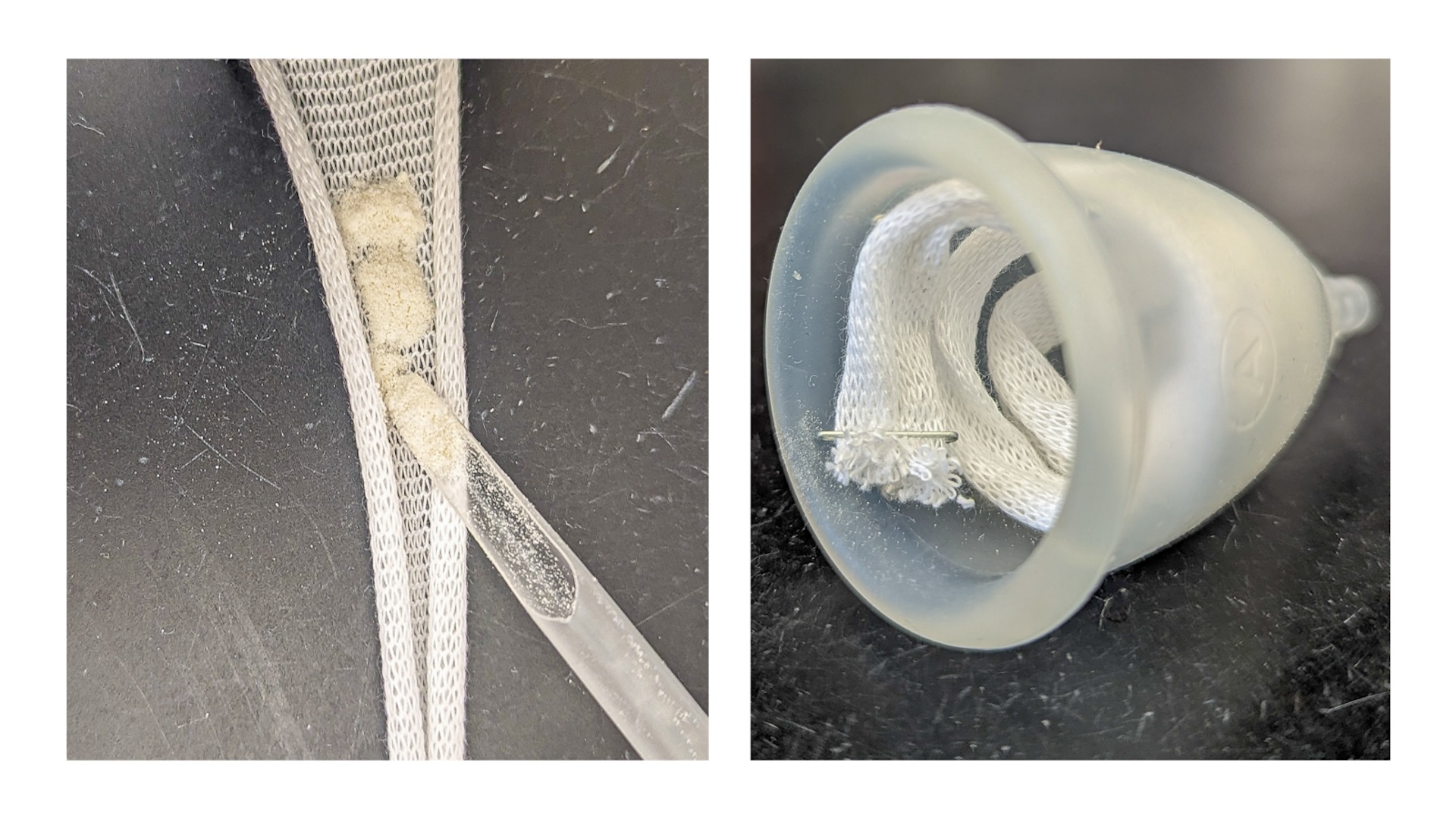
Experimental menstrual product turns blood to jelly
By Victoria Atkinson published
Scientists are working to develop a new filler for period products that they say could help prevent leaks.

How many extra calories does a person need during pregnancy?
By Amy Arthur published
Scientists estimate that a person needs tens of thousands of extra calories to support a pregnancy — but there's no one-size-fits-all answer.
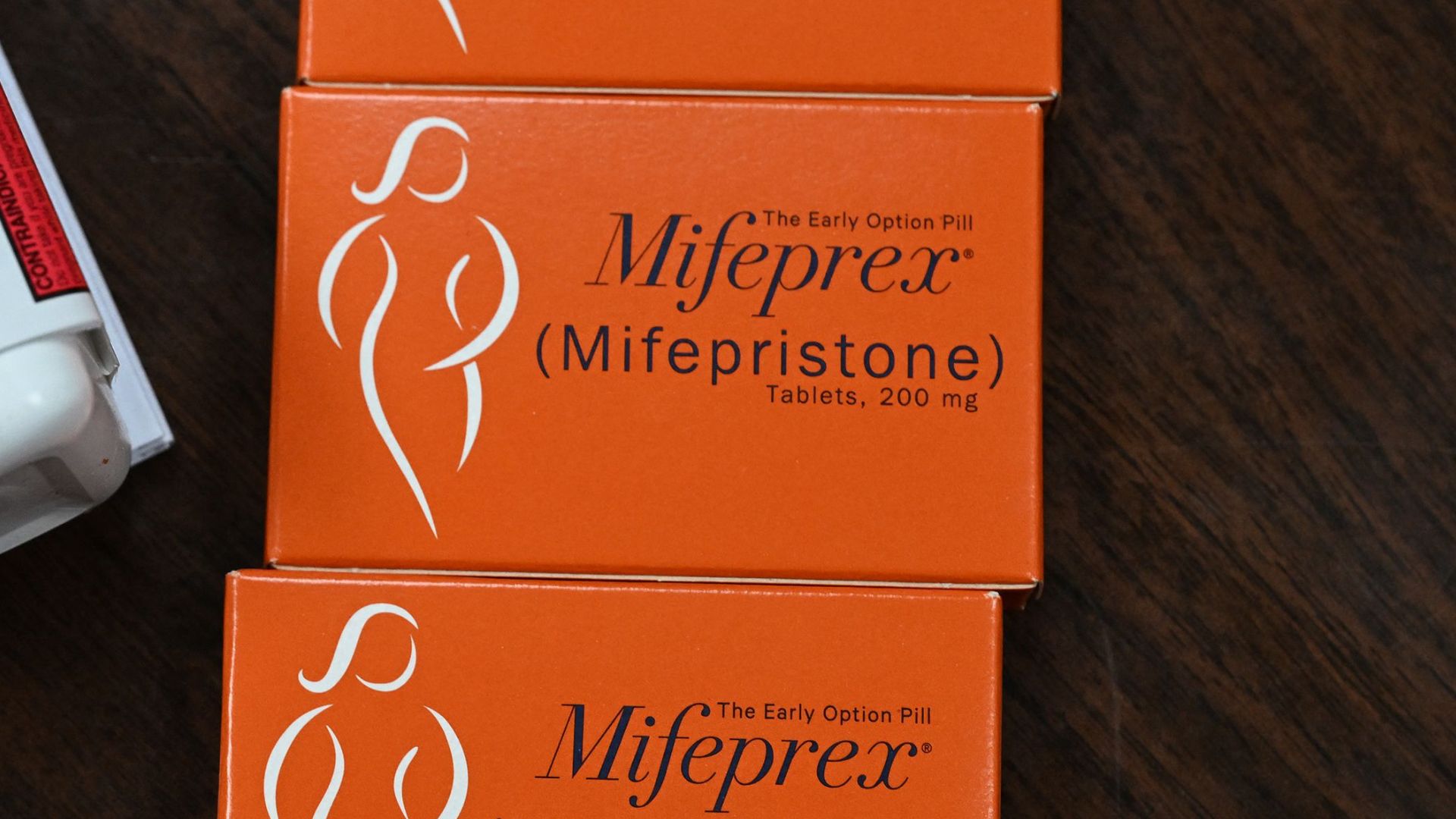
Mifepristone: What to know about the drug in the Supreme Court's abortion pill case
By Nicoletta Lanese last updated
The Supreme Court of the United States has now issued a ruling about a widely used abortion pill. Here's what you should know.
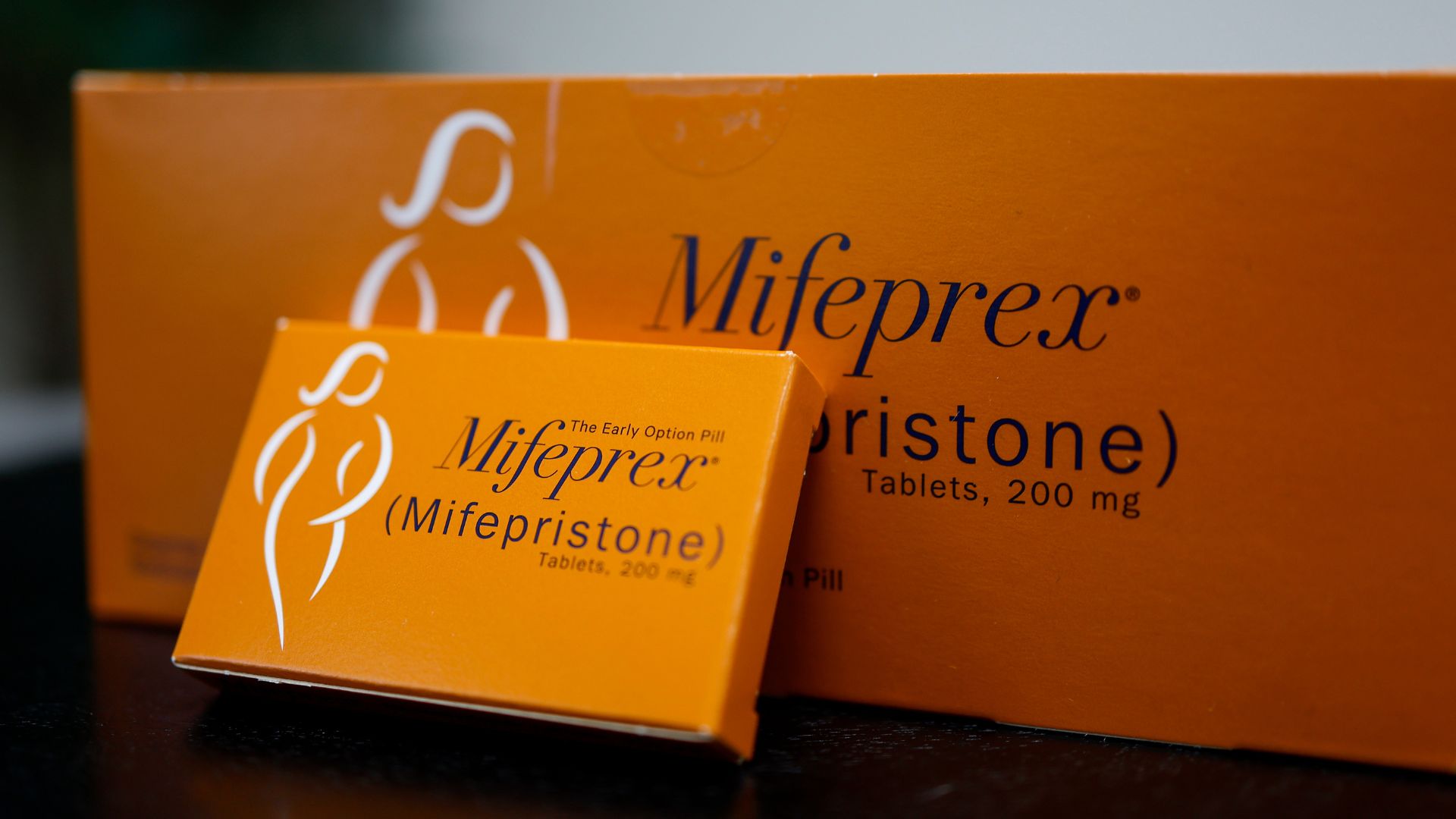
Supreme Court preserves access to abortion pill mifepristone in unanimous ruling
By Nicoletta Lanese published
In a 9-0 ruling, the court determined that an anti-abortion collective didn't have legal standing to raise the case against mifepristone to the Supreme Court.
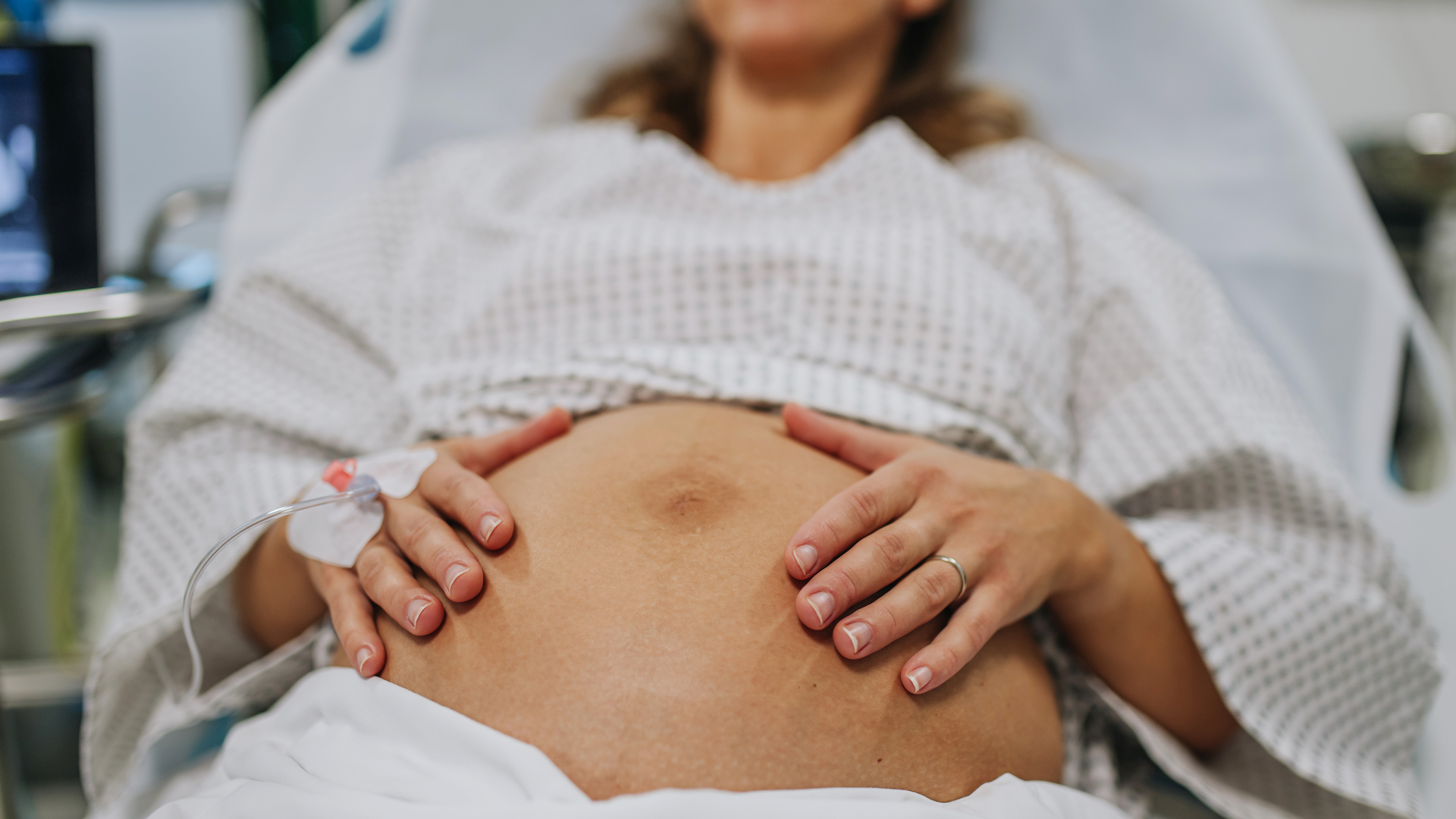
Epidurals may lower risk of complications after birth, study hints
By Miriam Bergeret published
Getting an epidural during labor was linked to a 35% reduction in severe maternal health complications in a new study, with even higher protective effects in people with preterm births.
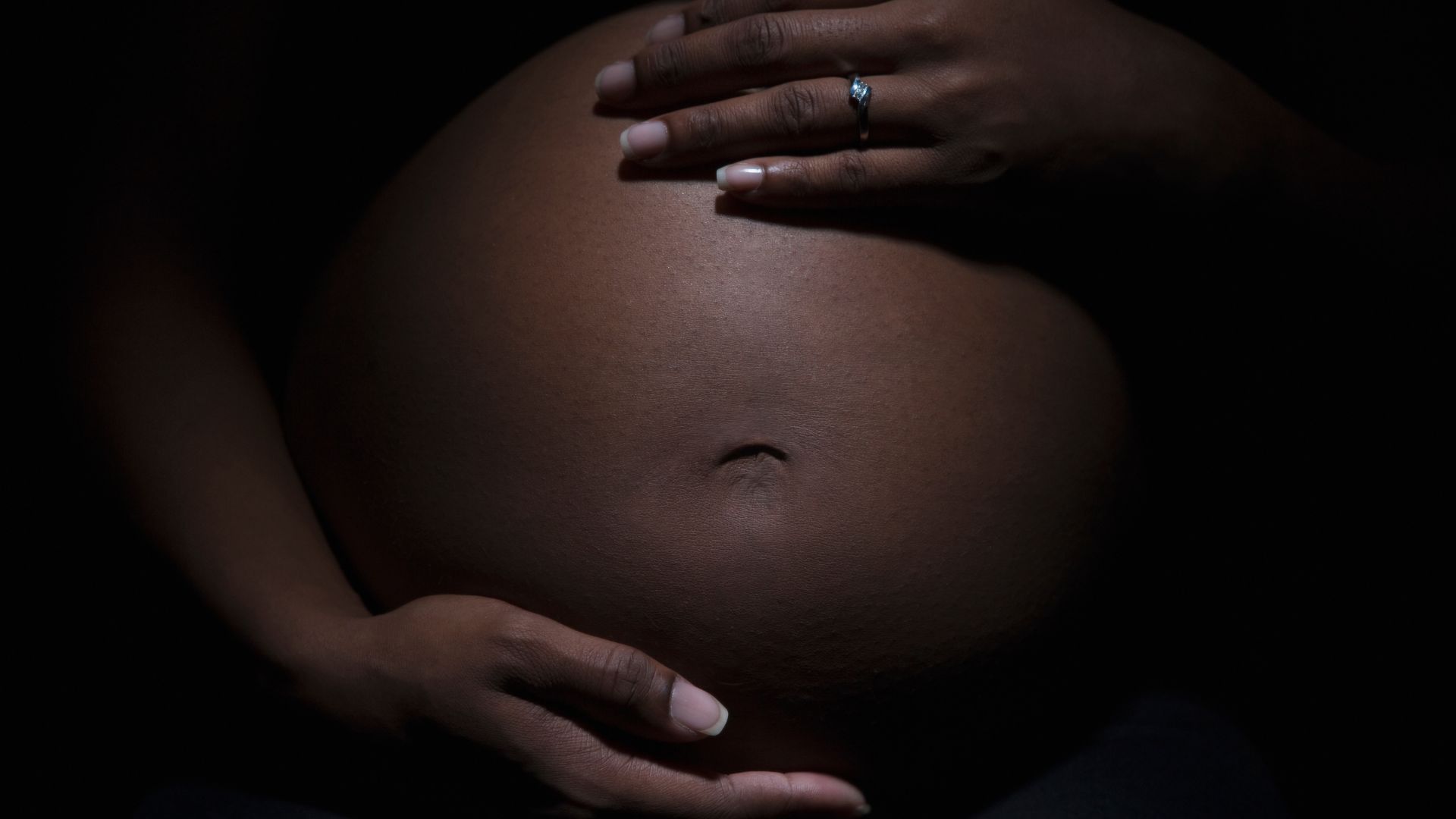
'As beautiful as pregnancy sounds, it also scares me': Author Layal Liverpool on the reality of racism in reproductive health care
By Layal Liverpool published
In a new book, science journalist Layal Liverpool sheds light on pervasive, racialized inequities in health care, including in reproductive care.
Sign up for the Live Science daily newsletter now
Get the world’s most fascinating discoveries delivered straight to your inbox.
